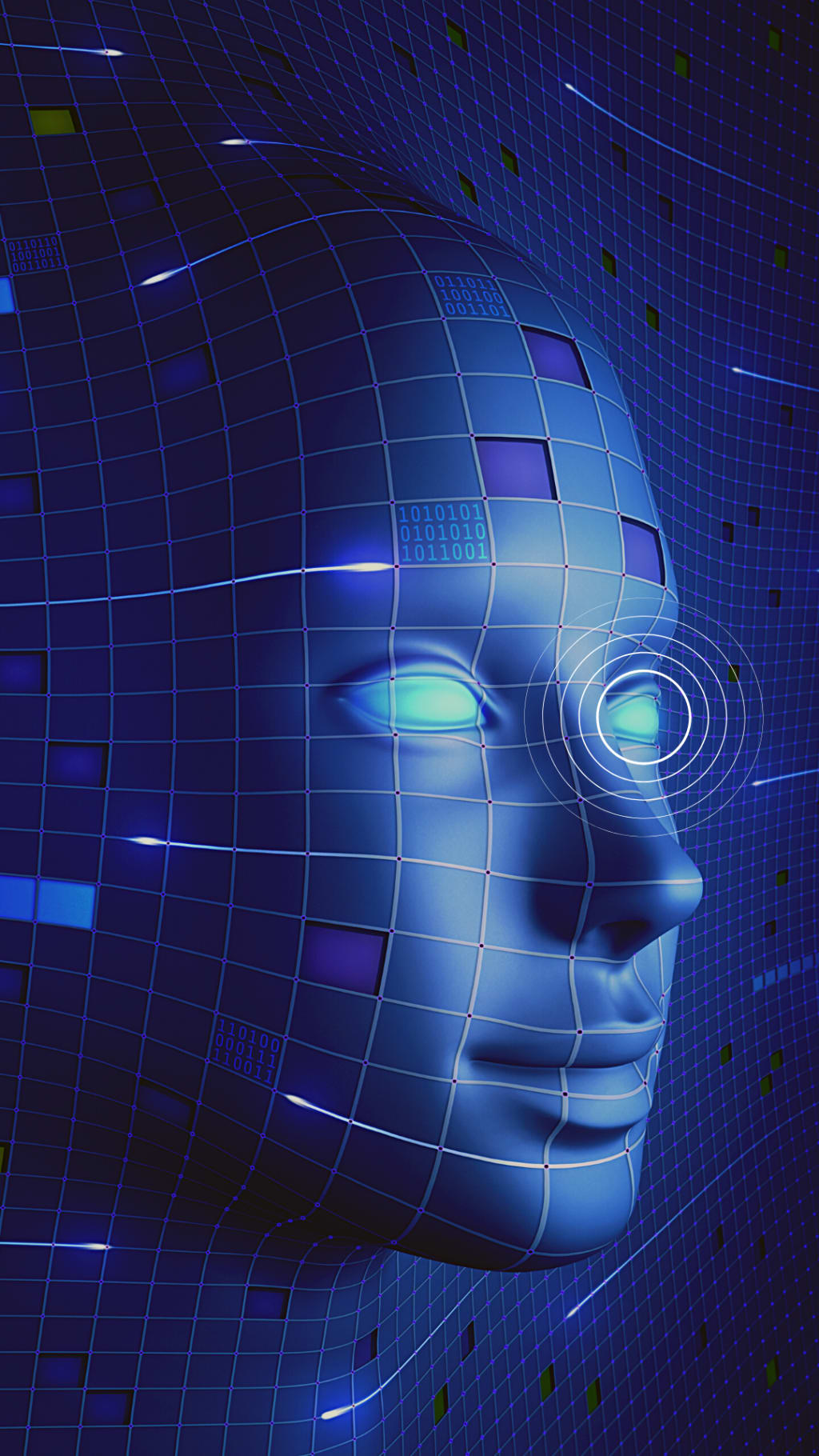Exploring the Transformative Power of Emerging Technologies and Their Impact on Society
An appraisal

Introduction:
In our rapidly evolving world, emerging technologies are revolutionizing various aspects of human life, from communication and transportation to healthcare and entertainment. These advancements hold immense potential to shape our future, but they also come with complex implications. In this blog post, we will delve into the transformative power of emerging technologies and their profound impact on society.
1. Artificial Intelligence (AI) and Machine Learning:
AI and machine learning have emerged as transformative forces, enabling computers to mimic human intelligence and learn from data. From voice assistants to self-driving cars, these technologies are reshaping industries and enhancing efficiency in various sectors. However, their widespread adoption raises ethical concerns, such as privacy, bias, and job displacement, making it essential to ensure responsible and inclusive AI development.
2. Internet of Things (IoT):
The IoT connects everyday objects to the internet, creating a network of interconnected devices. Smart homes, wearables, and smart cities are just a few examples of how IoT is revolutionizing our lives. While offering convenience and efficiency, the increased connectivity also raises security and privacy concerns. Striking a balance between connectivity and safeguarding personal information becomes crucial as IoT becomes an integral part of our society.
3. Blockchain Technology:
Blockchain technology offers a decentralized and transparent system for secure transactions, establishing trust without intermediaries. Beyond cryptocurrencies, blockchain applications encompass supply chain management, digital identities, and even voting systems. By eliminating the need for intermediaries, blockchain fosters transparency and reduces fraud. However, challenges in scalability, energy consumption, and regulatory frameworks need to be addressed to fully realize its potential.
4. Virtual and Augmented Reality (VR/AR):
Virtual and augmented reality technologies are transforming the way we interact. From immersive gaming experiences to practical applications in fields like education and healthcare, VR and AR offer new dimensions of engagement. They have the potential to revolutionize training programs, remote collaboration, and therapeutic interventions. However, accessibility, affordability, and addressing the impact of prolonged usage remain important considerations for widespread adoption.
5. Genomics and Precision Medicine:
Advancements in genomics and precision medicine have ushered in a new era of personalized healthcare. By analyzing an individual's genetic makeup, medical professionals can tailor treatment plans and interventions, improving patient outcomes. Genomics also holds great promise in disease prevention and early detection. However, ethical considerations, including privacy, consent, and equitable access to these technologies, must be navigated to ensure their responsible and equitable application.
6. Renewable Energy Technologies:
As the world faces the challenges of climate change, emerging renewable energy technologies are becoming increasingly crucial. Solar and wind power, along with advances in energy storage, hold significant potential for sustainable energy solutions. Widespread adoption of these technologies can drive the transition to clean energy and mitigate the environmental impact of traditional energy sources. However, infrastructure development, cost-effectiveness, and policy frameworks remain critical in expediting their global implementation.
7. Transforming Education and Learning:
Emerging technologies are reshaping the landscape of education and learning, providing new tools and platforms for students and educators. Online learning platforms, virtual classrooms, and interactive educational content have become increasingly popular, especially in times of remote learning. These technologies offer flexibility, accessibility, and personalized learning experiences that can reach learners of all ages and backgrounds. However, there is a need to address the digital divide and ensure equitable access to technology to avoid further marginalizing underserved communities.
8. Disrupting Traditional Industries and Employment:
Emerging technologies have the potential to disrupt traditional industries and employment patterns. Automated systems, robotics, and artificial intelligence are increasingly replacing human labor in various sectors, leading to concerns about job displacement. As technology continues to evolve, there is a need for re-skilling and up-skilling the workforce to adapt to the changing demands of the job market. Additionally, policymakers must focus on creating supportive frameworks and safety nets to ensure a smooth transition and social impact mitigation in the face of technological disruption. These impacts highlight the need for proactive and inclusive approaches to leverage emerging technologies. By addressing the challenges and fostering responsible adoption, societies can harness the transformative potential of these technologies to improve education, empower individuals, and create new opportunities for economic growth.
Conclusion:
Emerging technologies have the power to redefine our lives, revolutionizing industries, improving efficiency, and increasing connectivity. However, their adoption and impact on society must be approached with caution and responsibility. Ethical considerations, access disparities, and addressing unintended consequences should be at the forefront as we navigate the future powered by these innovations. By fostering collaboration between technological pioneers, policymakers, and society at large, we can harness the transformative potential of emerging technologies and shape a future that benefits all. It is our collective responsibility to ensure that these innovations align with our shared values, prioritizing inclusivity, sustainability, and the well-being of humanity.
About the Creator
Enjoyed the story? Support the Creator.
Subscribe for free to receive all their stories in your feed. You could also pledge your support or give them a one-off tip, letting them know you appreciate their work.





Comments (1)
Hello, AI is permitted on Vocal. It is a Vocal policy that content created with AI is identified as such at the start of the story/article. Your article/story has many hallmarks of AI-assisted/generated content. You can find the details of the Vocal policy here: https://vocal.media/resources/an-update-from-vocal-on-ai-generated-content, Please amend your piece to be in compliance. If you are not a Vocal+ member you will need to contact Vocal here ([email protected]) and ask them to edit your story/article/poem for you. If you don’t correct this the content may be removed by Vocal and/or you may be deleted from the platform.